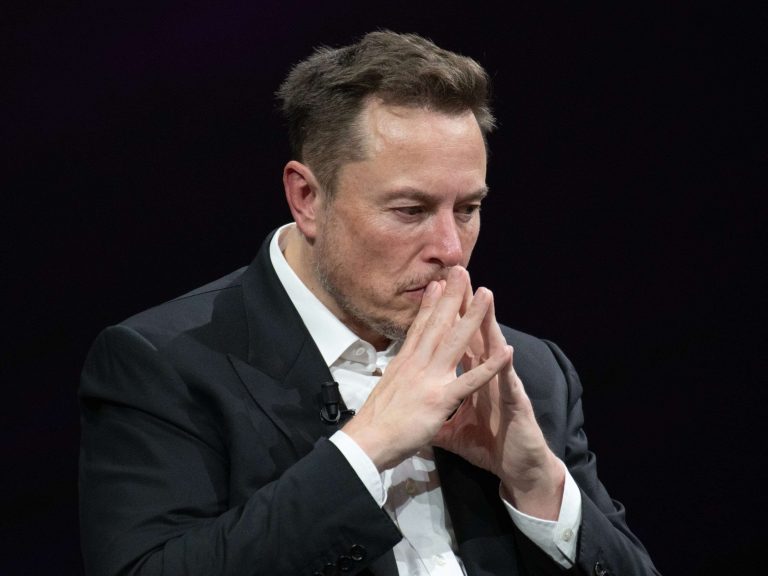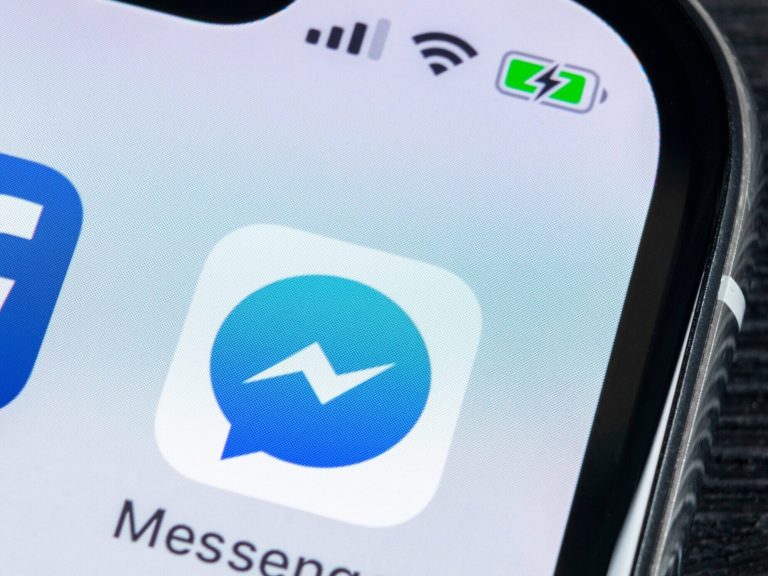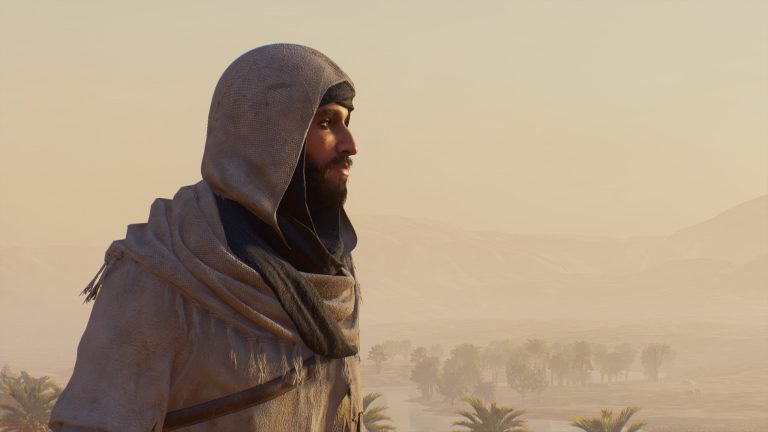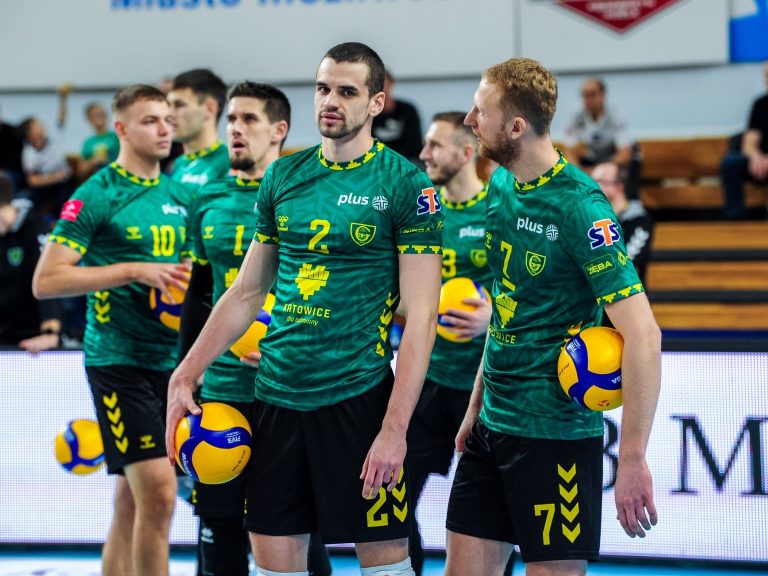Messenger Lite closes the meta. Older smartphones left out in the cold
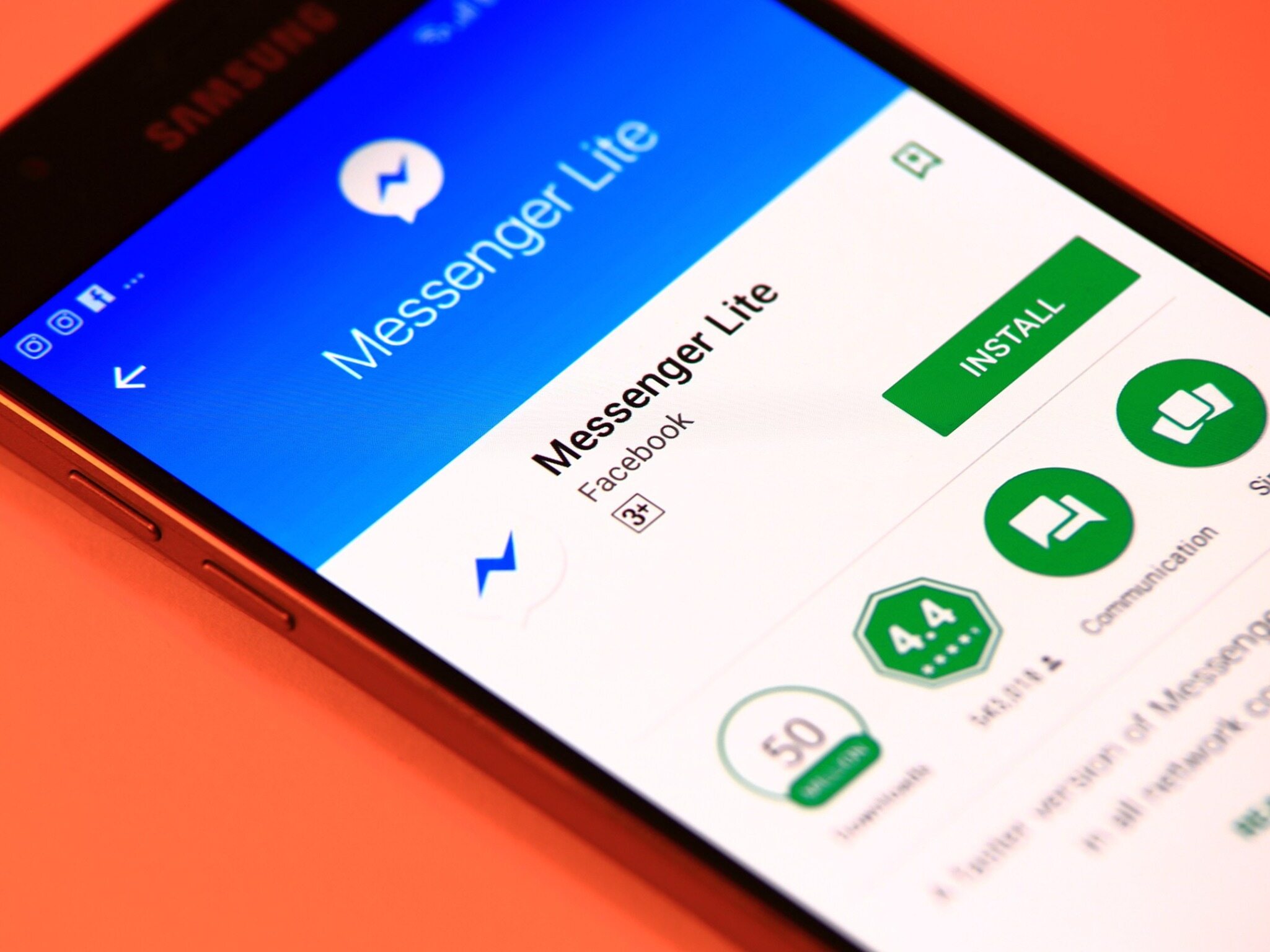
For many years, Messenger Lite was a less demanding version of Meta’s extremely popular chat. However, the application will be disabled soon. Why did Mark Zuckerberg decide to take such a step?
Messenger Lite will be closed at any moment, and the meta company is already starting to prepare for a blow that will be painful for quite a few users. Internet users are already noticing the first signs that they will have to change their habits.
Messenger Lite closes – “your chats will be moved to Facebook Light”
The Messenger Lite app was introduced in 2016. Since then, it has been an alternative offering a slightly reduced version of Facebook Chat, which also works on smartphones with weaker components and can even save the phone’s battery.
However, users have started reporting that the program is sending them serious notifications that they are not very happy about. The meta indicates that the service and the application will be completely closed on September 18. “Your chats will be moved to the Facebook Light app,” the program warns.
This information was met with a lot of dissatisfaction among Internet users. Users indicate that when they had to choose between classic Messenger and Messenger Lite, they consciously chose the latter – now this option is being taken away from them.
Why is Facebook closing Messenger Lite?
Unfortunately, Meta does not provide any official reasons for disabling the Messenger Lite service. However, we can guess that it was about costs and perhaps a small number of users that did not satisfy a large corporation.
Another explanation for the end of support for Lite may be the fact that the company wants to brutally “convince” users of the lighter version to use the full application, which includes a few other functions.
Existing Messenger Lite users simply don’t want them – some of them recall that they installed the app precisely because regular Messenger is overloaded with unnecessary functions. Others do not want to see sponsored content and ads, which, according to them, were much less on Light.

